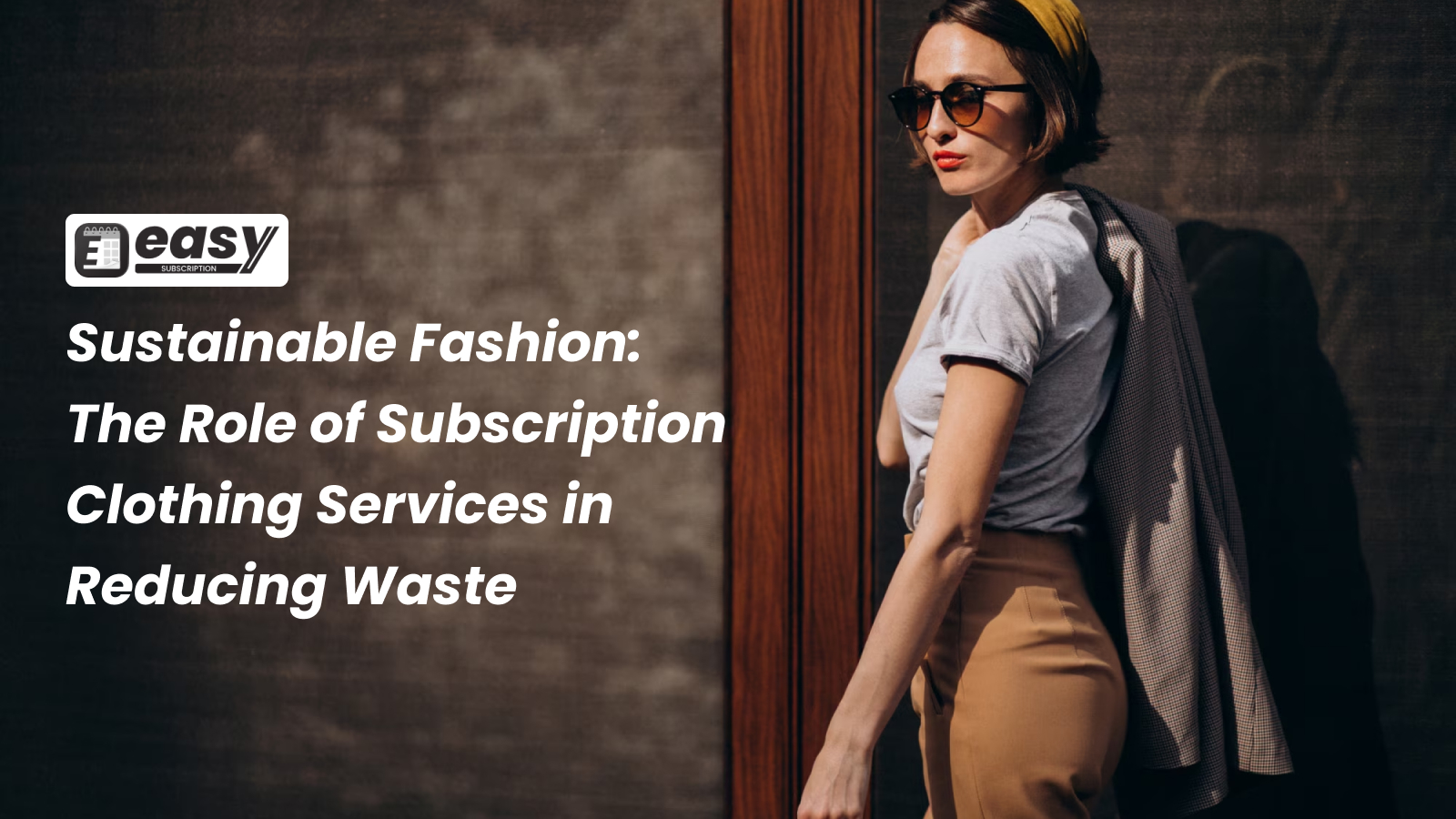
Introduction:
As the world becomes increasingly conscious of the environmental impact of fast fashion, a new trend is emerging that offers a promising solution: subscription clothing services. Sustainable fashion has gained considerable traction in recent years, with consumers seeking eco-friendly alternatives to traditional shopping practices.
Lets explore how subscription clothing services play a pivotal role in reducing waste and contributing to a more sustainable future.
The Fast Fashion Problem:
Fast fashion, characterized by the rapid production of cheap, trendy garments, has had devastating consequences for the environment. It encourages overconsumption, excessive waste, and exploits labor in low-income countries. The constant churn of fashion trends results in mountains of discarded clothing, much of which ends up in landfills or incinerators.
The documentary “The True Cost” highlights the alarming environmental and social impacts of fast fashion, urging viewers to rethink their fashion choices.
The Rise of Subscription Clothing Services:
In response to the fast fashion crisis, subscription clothing services have emerged as a revolutionary solution. These services offer a diverse range of clothing items that customers can rent for a fixed period, encouraging a shift from ownership to access-based consumption.
Rent the Runway, a well-known subscription service, has successfully captured the attention of eco-conscious consumers by allowing them to rent designer clothing for special occasions rather than buying single-use outfits.
Reducing Fashion Waste:
By promoting the sharing and reuse of clothing items, subscription services contribute significantly to waste reduction. Instead of garments being discarded after limited use, they continue to be circulated among subscribers, extending their lifespan and minimizing environmental impact.
Le Tote, another popular subscription clothing service, estimates that each of its rented garments is used an average of 13 times before being retired, significantly reducing waste compared to traditional retail consumption.
Encouraging Circular Fashion:
The subscription model encourages a circular fashion economy, where clothing items are continuously circulated and repurposed. This approach disrupts the linear “take-make-dispose” pattern of traditional fashion, leading to a more sustainable and resource-efficient industry.
Gwynnie Bee, a subscription service offering plus-size clothing, has implemented a successful circular fashion model. Garments that are no longer rentable are upcycled into new collections or donated to charitable organizations.
Minimalist Lifestyle and Conscious Consumption:
Subscription clothing services encourage consumers to adopt a minimalist lifestyle by discouraging impulsive shopping and excessive consumption. Customers are motivated to select items thoughtfully, leading to a more conscious and sustainable approach to fashion.
The minimalist movement has gained momentum, with influencers like Marie Kondo emphasizing the value of owning fewer, high-quality clothing items that “spark joy.”
Conclusion:
In the battle against fast fashion’s detrimental effects on the planet, subscription clothing services have emerged as a promising force for change. By reducing waste, promoting circular fashion, and encouraging conscious consumption, these services pave the way for a more sustainable and environmentally friendly fashion industry. As consumers, we have the power to support this positive transformation and play our part in building a greener, more responsible fashion future. Let’s embrace the subscription clothing model and take a step towards a more sustainable wardrobe!

